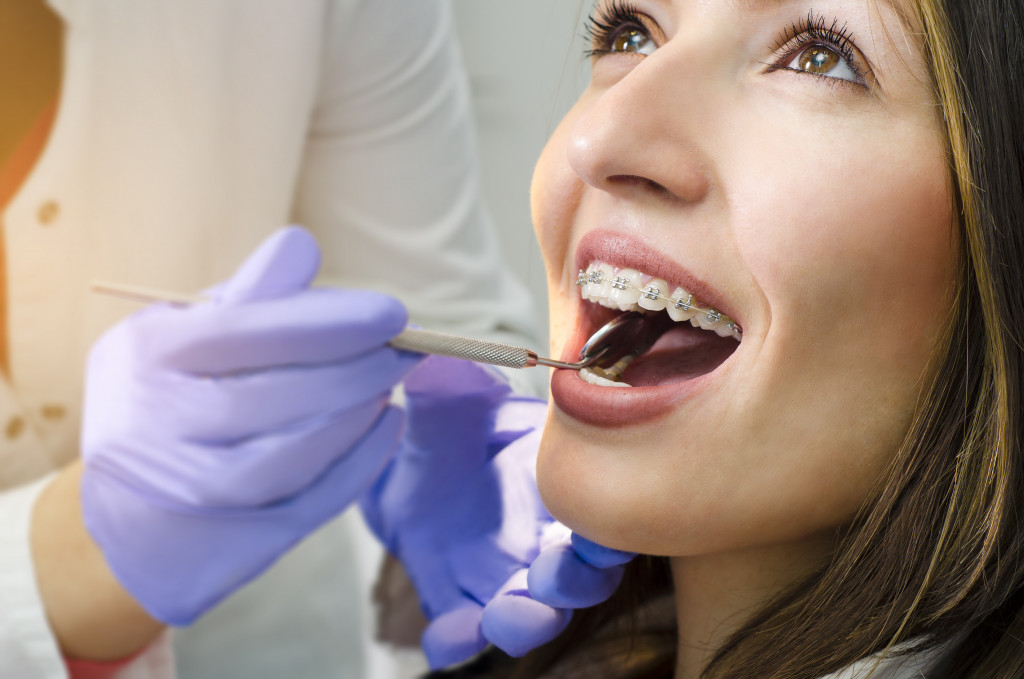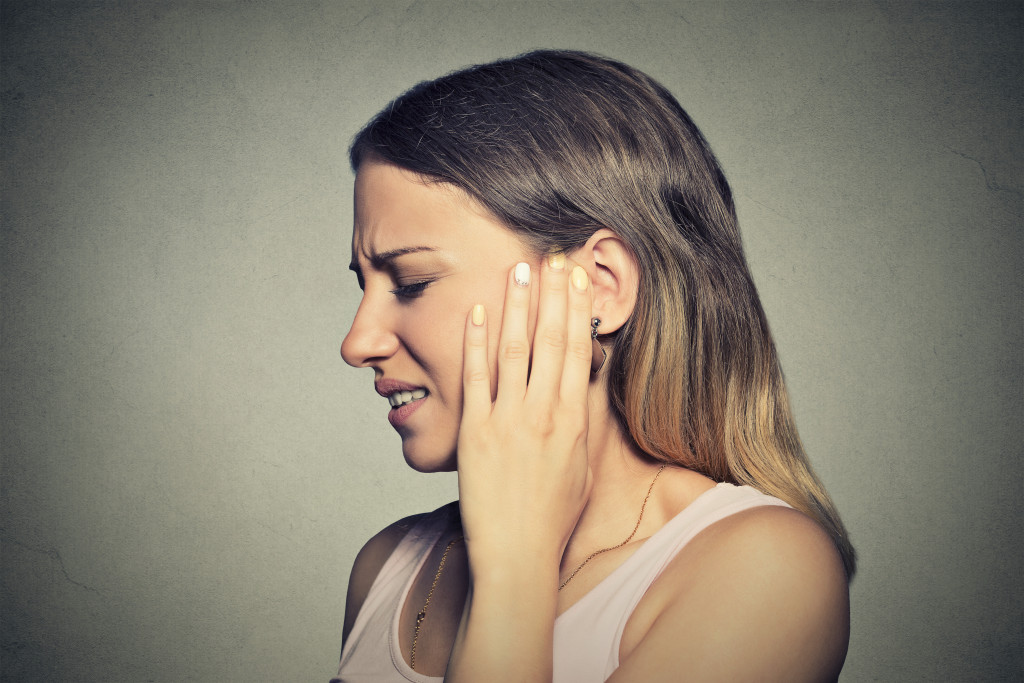- Crooked teeth can significantly affect well-being, such as physical issues like decay, jaw pain, and headaches.
- Treatment options for crooked teeth include orthodontics, cosmetic dentistry, and lifestyle changes.
- Issues associated with crooked teeth include poor oral hygiene, TMJ disorder, sleep apnea, and migraines.
- It is important to consult with a dentist or orthodontist if you think you need treatment for crooked teeth in order to improve your overall well-being.
Most people think of crooked teeth as a purely aesthetic issue. While it’s true that having perfectly straight teeth gives people a more attractive smile, there are also other, less obvious implications of crooked teeth. Poor dental alignment can impact your overall well-being and quality of life. This blog post will take a closer look at how crooked teeth affect your health.
The Physical Effects of Crooked Teeth
First and foremost, crooked teeth can cause physical issues for individuals. For starters, misaligned teeth are more prone to damage since the enamel is more likely to wear away in places where the teeth overlap or rub against each other. This means that the risk of decay increases significantly, requiring frequent visits to the dentist for repairs.
Additionally, individuals with misaligned teeth tend to suffer from jaw pain and headaches due to an improper bite. Over time, this can lead to TMJ disorder which causes difficulty speaking and eating properly.
Treatment Options

Fortunately, plenty of options are available for those suffering from crooked or misaligned teeth. In general, orthodontic treatments are the most commonly sought treatment for this issue. Braces, retainers, and other orthodontic appliances can gradually re-align your teeth, resulting in an improved smile and better overall well-being.
In addition to orthodontics, cosmetic dentistry involves using porcelain veneers or crowns to hide or fill in crooked teeth. While this option does not technically “fix” the problem, it still provides a cosmetic solution to improve your appearance and boost confidence.
Moreover, there are also a few lifestyle changes you can make to help prevent the occurrence of crooked teeth. Taking up good oral hygiene habits, such as brushing and flossing regularly, is key for maintaining healthy teeth and gums. You should also avoid excessive eating of sugary or acidic foods, which can weaken your enamel over time.
Issues Associated with Crooked Teeth
Various conditions may cause and result in crooked teeth. Each of these issues can have a major impact on an individual’s life, such as:
Oral Hygiene Challenges
Poor oral hygiene is one of the most common issues associated with misaligned teeth. When teeth are crooked or overcrowded, it can be difficult to brush and floss effectively—even for those who practice good oral hygiene habits. This can lead to the build-up of plaque and tartar, which increase the risk for gum disease and cavities. Poor oral hygiene can also cause bad breath, which can have a negative impact on your self-esteem.
Jaw Pain and TMJ Disorder
Another potential consequence of crooked teeth is jaw pain or temporomandibular joint (TMJ) disorder. When your jaw is misaligned due to overcrowding or other orthodontic issues, it can cause pain in the jawbone or joints that connect the lower jaw to the skull when you chew, speak, or move your mouth too much. This pain can be debilitating and interfere with normal activities such as eating and sleeping if left untreated.
Sleep Apnea
Sleep apnea is another condition that is often linked to misaligned teeth. Sleep apnea occurs when soft tissues in the throat collapse during sleep, blocking airflow from entering the lungs. People with severe cases may wake up dozens of times per night struggling to breathe properly and will feel exhausted during the day due to a lack of restful sleep. In some cases, correcting orthodontic issues such as misalignment or overbite may help reduce symptoms related to sleep apnea.
Migraines

Migraine headaches are often linked to crooked teeth, as the jaw muscles and nerves can be affected due to an improper bite. Frequent migraines may also disrupt an individual’s daily life, causing them to miss out on important activities such as work or school. To treat these symptoms, orthodontic treatment may be necessary to align the jaw and reduce pain properly.
All in all, it is important to remember that crooked teeth aren’t just aesthetically displeasing; they could also be affecting your overall well-being in ways you don’t even realize! If you think you may have orthodontic issues that need attention, don’t hesitate to consult with a dentist or orthodontist who will be able to assess your needs and provide treatment options to help restore balance in your mouth—and improve your overall well-being!

